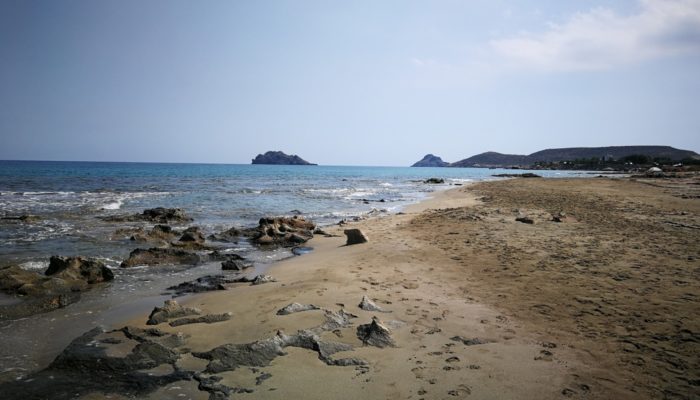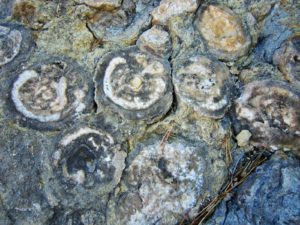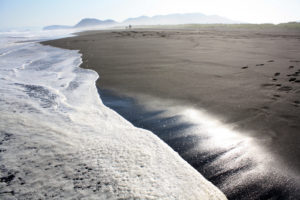
The vEGU21 abstract submission deadline is tomorrow, here are a few more session highlights for you to consider submitting abstract to: BG4 – Marine and Aquatic Biogeosciences from paleo-environments to modern settings.
With a focus on marine carbonate (bio)minerals as archives of environmental change, (Paleo-)environmental reconstructions from biomineralized carbonates: From the Precambrian to the present (Co-organized by BG4.3/CL1/SSP1, co-convened by Sebastian Viehmann, Niels de Winter, Alexandra Rodler and Johan Vellekoop) invites contributions that reconstruct past environments, seasonality, seawater chemistry, and paleobiology in deep time to modern settings.
To discuss the role of marine environments, the evolution of life and ecosystems in the past, changes in the present and future, Experimental Approaches in Marine Biogeosciences (Co-organized by BG4.5/OS3, co-sponsored by JpGU, co-convened by Petra Heinz, Hiroshi Kitazato, Christiane Schmidt and Takashi Toyofuku) will focus on laboratory experiments as well as on natural laboratories and invites contributions that include approaches such as experiments with stable or radioactive isotopic biomarkers, information of past environmental change recorded in calcareous or siliceous tests, breeding experiments or genetic analyses to decipher past ecosystem change as analogues to future change.
As our understanding of the biogeochemical cycles in aquatic ecosystems is constantly improving, Aquatic biogeochemical cycles of carbon, nitrogen and phosphorus. From measurements to understanding hydrochemical patterns and processes (Co-organized by BG4.4/HS13, co-convened by Magdalena Bieroza, Andrea Butturini and Diane McKnight) will highlight the methodological advancements in characterising different fractions of aquatic organic matter and invites contributions on the origins, delivery pathways, transformations and environmental fate of organic matter and nutrients in aquatic environments, on how different biogeochemical cycles are linked in aquatic environments and how they are influenced by human activities.
The focus of Biogeochemistry of coastal seas and continental shelves (Co-organized by BG4.2/OS3, co-convened by Helmuth Thomas, Alberto V. Borges, Arthur Capet, Katarzyna Koziorowska-Makuch and Craig Smeaton) includes both natural and perturbed exchange processes of carbon, nutrients and other elements in shelf and shelf break environments and along the terrestrial/coastal sea to open ocean continuum. This session invites observational, modelling and theoretical contributions and will be divided in sections on coastal carbon storage and on benthic biogeochemical processes.
Blogpost written by Alexandra Rodler


